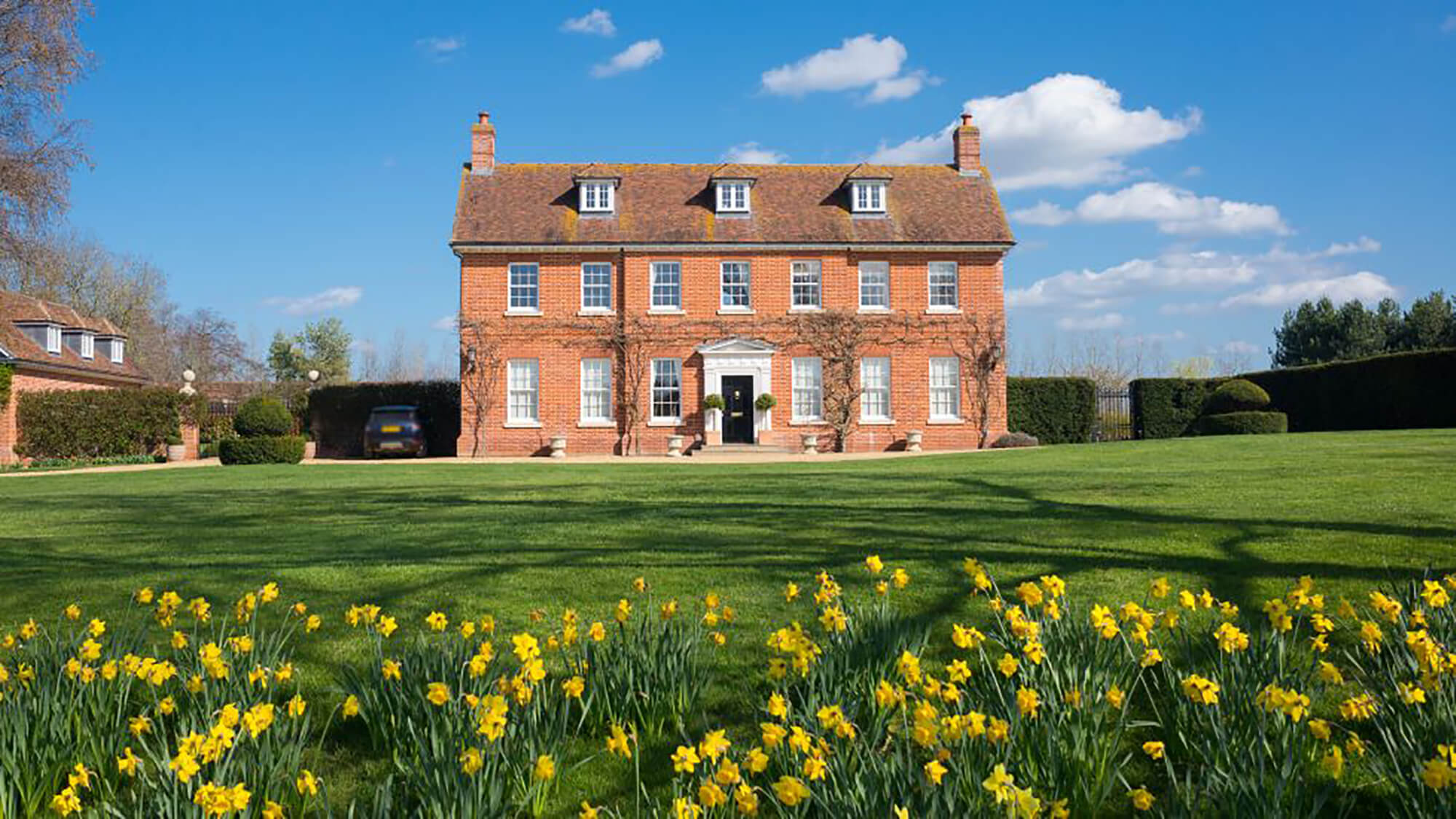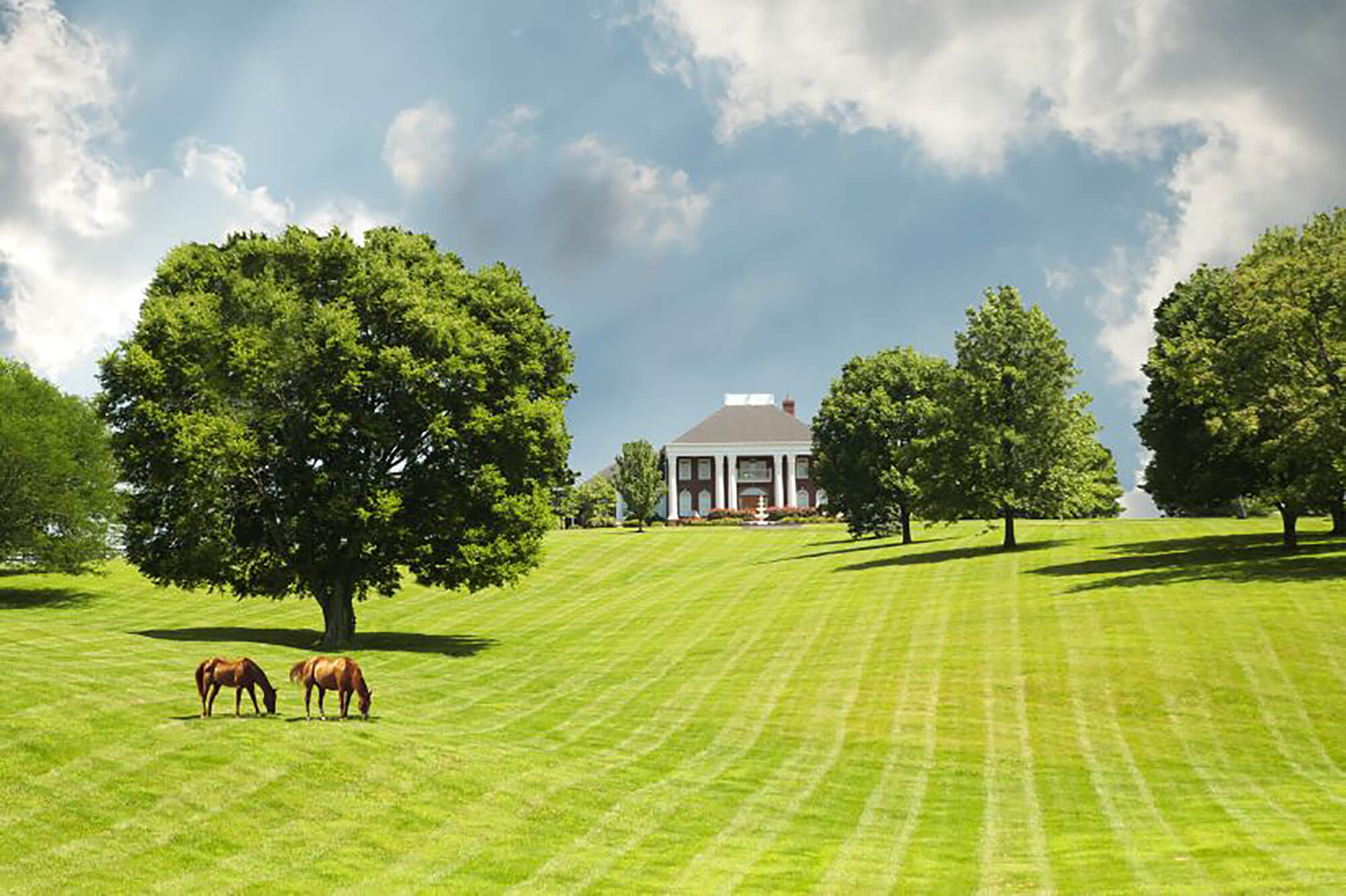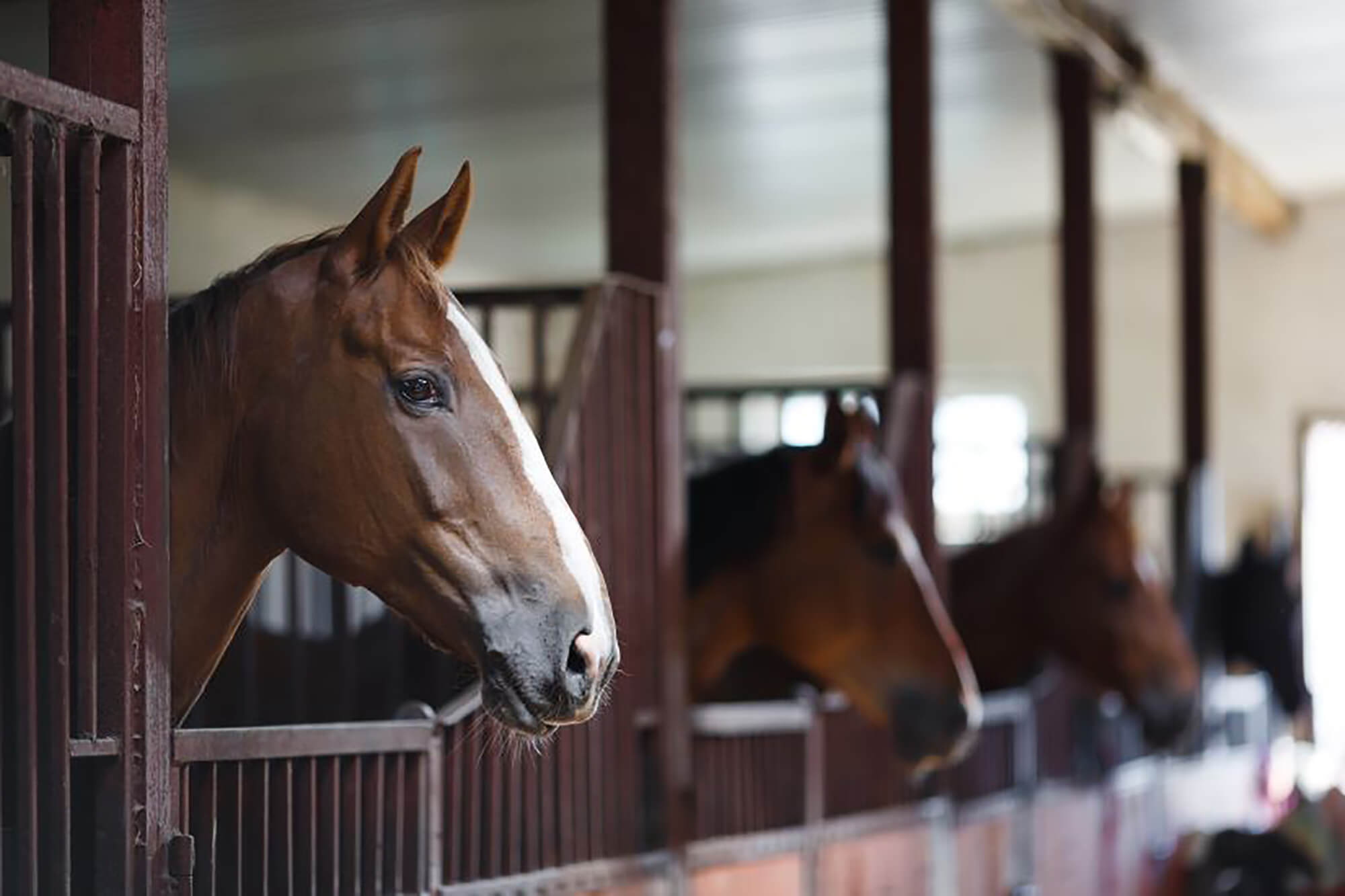Thinking of making the move to your dream home in the country?

As more buyers look for rural property and the lifestyle it brings, our Head of Residential, Tim Miles-Marsh talks about the most common stumbling blocks, and how best to get around them.
1. Listed Buildings –
What do I need to know about upkeep and maintenance?
 The character of listed buildings can win over many a buyer’s heart, especially when framed in pastoral landscape. But what does owning – and maintaining – a listed building entail? It’s important to consider the buyer’s obligation to maintain their listed status, and factor this into mortgage applications.
The character of listed buildings can win over many a buyer’s heart, especially when framed in pastoral landscape. But what does owning – and maintaining – a listed building entail? It’s important to consider the buyer’s obligation to maintain their listed status, and factor this into mortgage applications.
What is a Grade 1 or Grade 2 building?
Grade 1 buildings are deemed to be of “exceptional interest”, and Grade 2 are of “historic or architectural interest”. This means maintenance and repair when required, using like-for-like materials and traditional methods. Qualified Stonemasons may be required for upkeep, for example.
What difference does a listed building make to mortgage lenders?
When seeking a mortgage on a listed building, the lender will want to see that you are fully aware of the financial commitment you are making, and able to cover a higher long-term expenditure on the upkeep. In addition, there could be a limited market for this type of property in the event of a forced sale.
Our advice: Engage with the right lender who has appetite and experience in this niche field. Work with a mortgage advisor to make a solid action plan backed up with property surveys, building quotes, and the financial resources needed to carry them out. With the right support, success is far more likely.
2. Complexity and Timing:
Act now and be prepared for a more intricate loan application process
 The rural market includes properties which may have more complex profiles than others, such as tenancy agreements or commercial land. A lender is more likely to consider an application written by a mortgage advisor who understands the lender’s needs and perspective. The Covid 19 effect has meant higher prices for properties with wide open spaces – it’s important to get the ball rolling early if moving to the country is something you’ have set your heart on.
The rural market includes properties which may have more complex profiles than others, such as tenancy agreements or commercial land. A lender is more likely to consider an application written by a mortgage advisor who understands the lender’s needs and perspective. The Covid 19 effect has meant higher prices for properties with wide open spaces – it’s important to get the ball rolling early if moving to the country is something you’ have set your heart on.
Our advice: Do your research and work with a mortgage advisor who is experienced in more complex situations. Many mortgage specialists actively enjoy the challenge this provides, and these are the ones who will help you achieve the best outcome. Begin the discussion with an advisor sooner rather than later to help you make a strong case and leap any financing hurdles.
3. Rural Land:
What qualifies as a “garden” or “land”?
 Lenders typically accept valuations on limited acreage that comes with property. This is considered an allowable amount for a garden. However, anything bigger could impact the overall property valuation, or even fall outside the lender’s criteria for a residential mortgage.
Lenders typically accept valuations on limited acreage that comes with property. This is considered an allowable amount for a garden. However, anything bigger could impact the overall property valuation, or even fall outside the lender’s criteria for a residential mortgage.
Time Miles-Marsh – “A client needed funding for a substantial farmhouse coming with 75 acres. 70 acres were farmland let to a local farmer through a farm-business tenancy agreement. From most lenders’ perspective, this was commercial usage and outside their lending criteria. We were able to help our client secure the funding through a lender who understands the rural property market”.
Our advice: If part of your plan to move to the country includes a sizeable amount of land, approach a lender who understands the rural market, and work with a mortgage advisor who has solid experience in the area. It will save invaluable time.
4. Outbuildings and Stables:
What do I need to know?
 Anything that could be used as a separate self-contained property to the main residence can fall outside of many lenders’ criteria. If your dream home includes sizeable outbuildings, investigate further.
Anything that could be used as a separate self-contained property to the main residence can fall outside of many lenders’ criteria. If your dream home includes sizeable outbuildings, investigate further.
If I have horses, does this affect stables?
Tim – “We approached a lender who was convinced that adjoining stables for 4 horses could be a livery business, which was outside their policy. After demonstrating that the client owned 3 horses and would stable them there, the financing process began to flow”.
Our advice: If part of the country dream includes horses, clarify the intended purpose of outbuildings when submitting an application. To avoid losing time, work with a mortgage advisor to ensure that these points are made clear to the lender at the start of the process.
5. Clauses, Titles and Restrictions –
Always read the small print
 It’s important to check for any unusual clauses in property deeds. If this is your first encounter with rural property, you may come across some new terms. Let’s unpack some here:
It’s important to check for any unusual clauses in property deeds. If this is your first encounter with rural property, you may come across some new terms. Let’s unpack some here:
What is an overage?
Land which comes with a rural property may have an overage. This clause enables the seller to receive further monies in the future, after the sale has completed, based on an agreed event.
Tim – “Some of our clients have been involved with overage clauses, including land value increase from development, and also mining of mineral resources. It needn’t be an obstacle – it’s just another factor to consider.”
What is an agricultural tie?
This is a planning condition, traditionally put in place to ensure local farm workers had suitable accommodation. Check the wording of this clause as it can vary. If the condition is met, funding can normally be found through selected lenders. But Tim also suggests another option is available: “As times have changed, there is less call for an agricultural tie . A solicitor may be able to remove it for you. It’s worth exploring.”
Why would I alter a title on a deed?
In some complex cases, the financing search may be easier if you alter a title through a good solicitor. A good example of this would be splitting the property constituents onto separate titles.
Our advice: Work with an experienced solicitor to fine comb the deeds and ask for advice on the options available. You may have more options than you think.
Moving Home in Summer 2021
 Mortgage lending reached a new record this March. With restrictions lightened again, many buyers are now focusing on building a brighter future with a better quality of life. Summer is round the corner, meaning more people are widening their horizons, looking to the countryside for lifestyle change, and encountering rural property terrain.
Mortgage lending reached a new record this March. With restrictions lightened again, many buyers are now focusing on building a brighter future with a better quality of life. Summer is round the corner, meaning more people are widening their horizons, looking to the countryside for lifestyle change, and encountering rural property terrain.
If this includes you this summer, new terminology, clauses and situations need not be obstacles to owning your dream home. The lifestyle your family could enjoy means it’s well worth spending time finding the right professionals . Teaming up with the right mortgage advisor, solicitor and lender can open doors – including your very own in the country.
We are delighted to be helping clients navigate issues like these this year. If you’re looking to invest in the rural property market and need support, we are here to help you.
